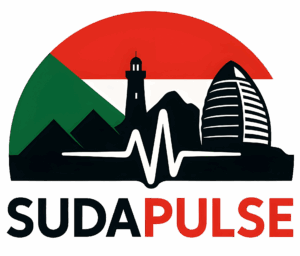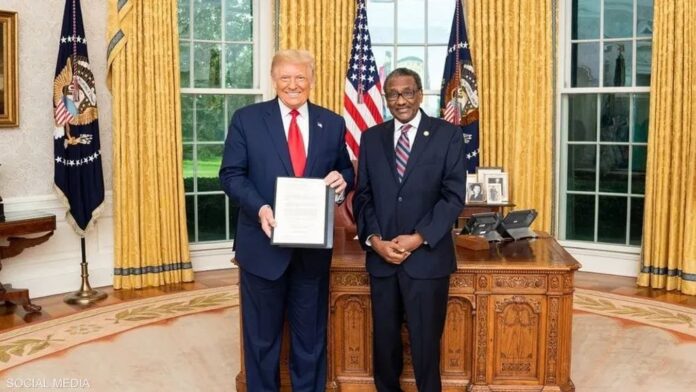In the stillness of a warm August night in 1998, 13 Tomahawk cruise missiles slammed into a quiet pharmaceutical plant in Khartoum North. Within minutes, the Al-Shifa factory—Sudan’s largest producer of critical medicines—was reduced to rubble. Washington claimed it was a secret hub for chemical weapons. But was it? More than 25 years later, the echoes of that night return as the United States again levels accusations—this time alleging the Sudanese government’s use of chemical weapons. Once more, Sudan stands accused. Once more, without clear evidence. The Al-Shifa Legacy The U.S. government under President Bill Clinton justified the Al-Shifa strike as a counterterrorism measure, alleging links to Osama bin Laden and the production of VX nerve agent precursors. The supposed smoking gun? A single soil sample, taken outside the factory gate, showing traces of a compound known as EMPTA. Yet no UN agency, no international body, and no third-party investigator ever verified these claims. Later investigations—and even admissions from U.S. officials—revealed that the evidence was tenuous at best. Intelligence experts raised red flags, while human rights organizations decried the strike as a breach of international law. No chemical weapons were ever found. No terrorist links confirmed. The factory’s destruction left a scar on Sudan’s healthcare system. It deprived thousands of access to affordable antibiotics and anti-malaria drugs. And it set a precedent—an unproven allegation leading to devastating military consequences. A Pattern Repeats Now, in 2025, the narrative resurfaces. The U.S. has imposed new sanctions on Sudan, citing allegations of chemical weapons use. Yet again, the evidence remains undisclosed. Sudan’s government has strongly denied the charges, calling them “baseless” and “politically motivated.” This cycle of accusation without verification is familiar—and dangerous. In the absence of transparent international investigations, such claims risk becoming tools of geopolitical leverage, not instruments of justice. The Cost of Injustice Beyond the politics, the human cost is real. Sudan is in the midst of a complex transition—balancing national security, regional tensions, and aspirations for peace and development. Sanctions imposed on unproven grounds risk undermining that fragile progress. They harm not regimes, but citizens—cutting off access to aid, investment, and global cooperation. A Call for Credibility Sudan has repeatedly expressed its willingness to cooperate with the international community. If chemical weapons have truly been used, let impartial bodies like the OPCW investigate. Let the truth—not political expedience—determine the outcome. Until then, we must remember Al-Shifa. Not only as a tragedy of mistaken intelligence but as a cautionary tale of what happens when power eclipses proof.
From Al-Shifa to Today: How Flawed U.S. Accusations Continue to Haunt Sudan
RELATED ARTICLES




